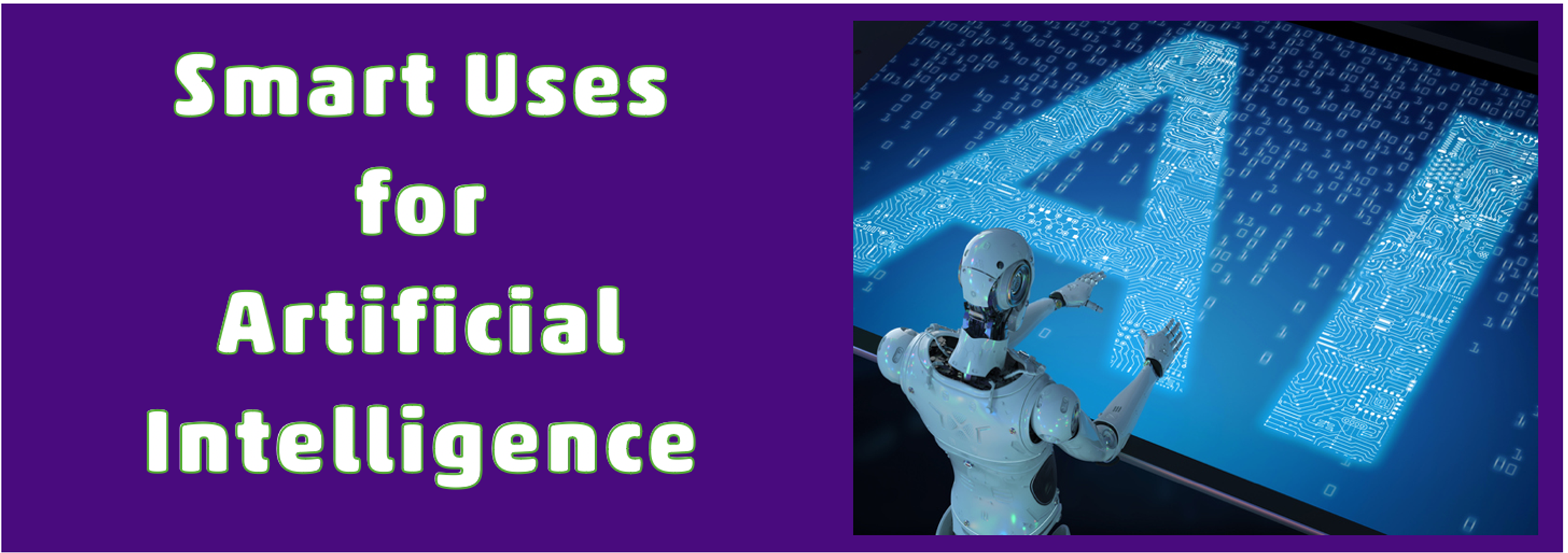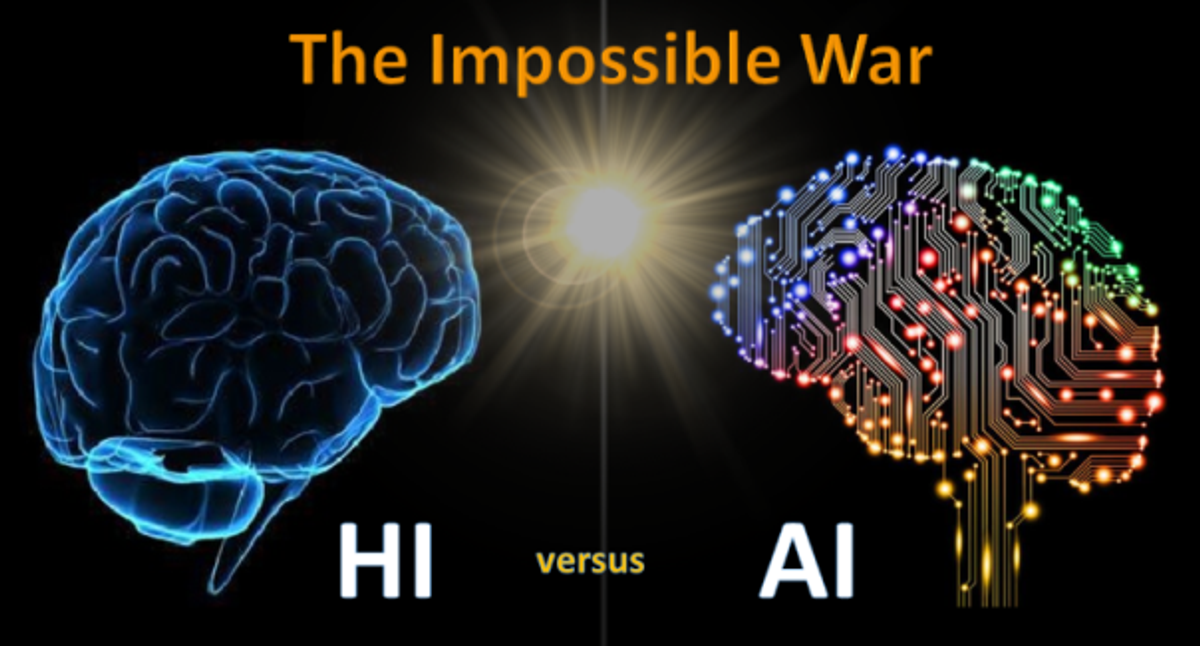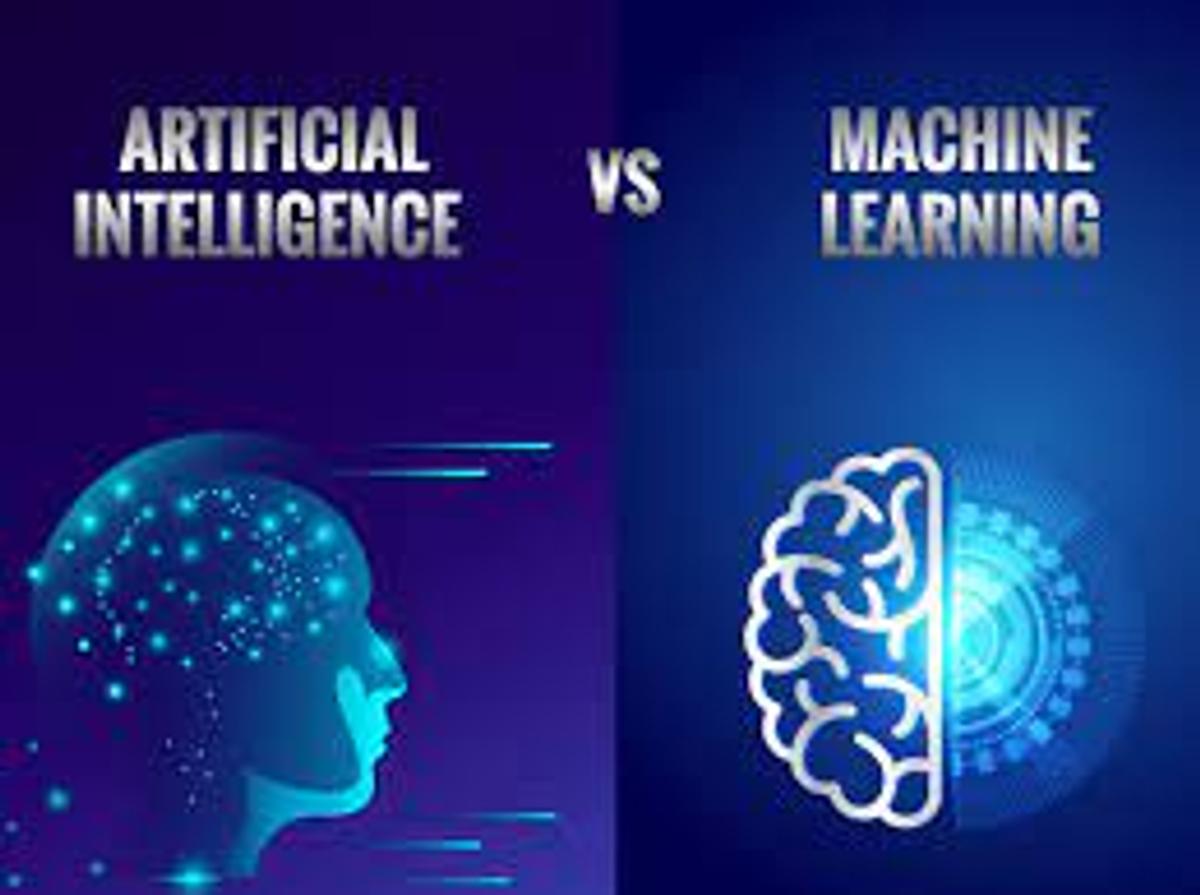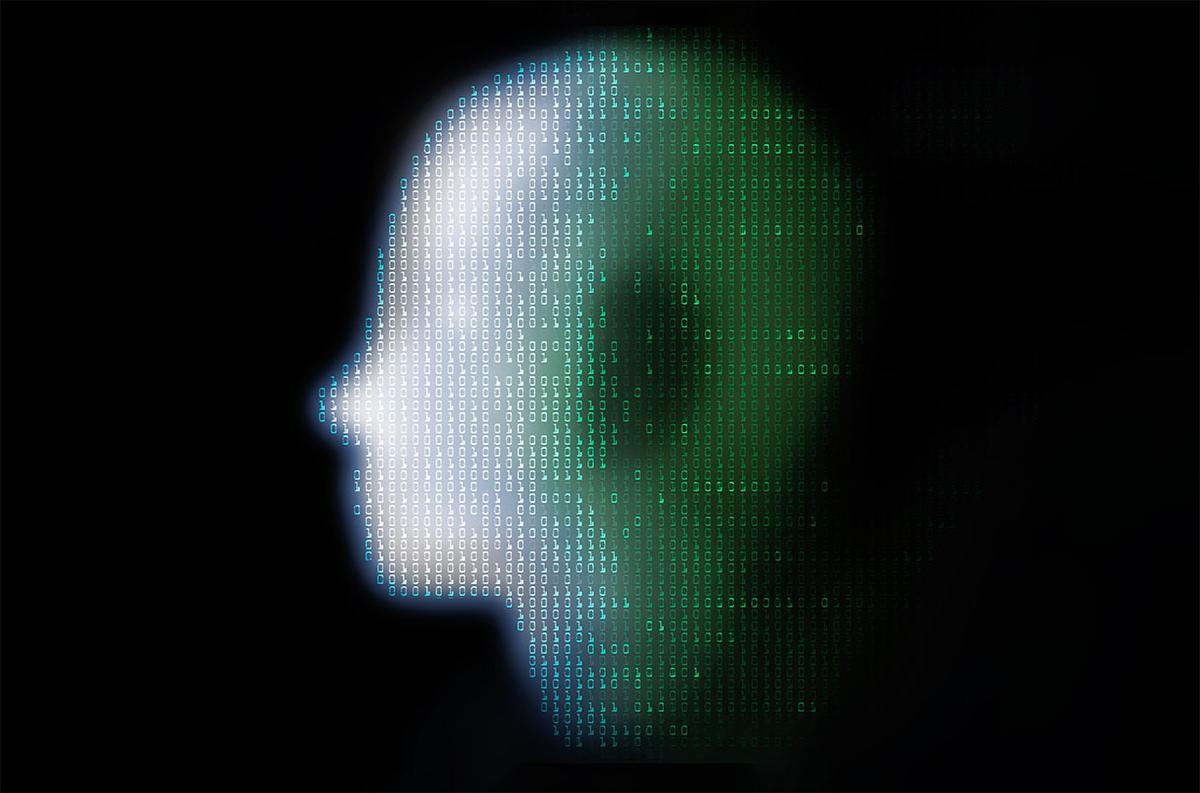Artificial Intelligence - AI :

‘I Hope I’m Wrong’: The Co-Founder Of Deepmind On How AI Threatens To Reshape Life As We Know It:
Interview:
David Shariatmadari
Read the full article here - https://www.theguardian.com/books/2023/sep/02/i-hope-im-wrong-the-co-founder-of-deepmind-on-how-ai-threatens-to-reshape-life-as-we-know-it
Key Takeaways
AI has the potential to provide support and encouragement in areas where emotional intelligence is lacking, unlocking the creativity of millions of people.
The book "The Coming Wave" highlights the potentially catastrophic consequences of AI, including asymmetric effects, hyper-evolution, omni use, and autonomy.
Mustafa Suleyman urges the tech elite to confront the dangers of AI rather than dismiss them, emphasizing the need to address and mitigate potential risks.
Summarized
Mustafa Suleyman, co-founder of DeepMind, discusses the potential of AI in an interview. He believes that AI can provide support and encouragement, unlocking the creativity of individuals who lack a supportive family environment. Suleyman, who grew up in poverty, sees AI as a tool for helping people achieve their goals and fill in gaps where companionship is lacking.
However, he also acknowledges the dangers of AI, as outlined in his book "The Coming Wave." He warns of the potential for asymmetric effects, hyper-evolution, omni-use, and autonomy, which could lead to catastrophic consequences if not properly managed. Suleyman calls for a proactive approach to addressing these risks rather than dismissing them.
If Ai Becomes Conscious, How Will We Know?
Scientists and philosophers are proposing a checklist based on theories of human consciousness.
By Elizabeth Finkel
Read the full article here - https://www.science.org/content/article/if-ai-becomes-conscious-how-will-we-know
Key Takeaways
A group of researchers has proposed a checklist of 14 criteria based on theories of human consciousness to evaluate the potential consciousness of AI systems, although none of the existing models met the criteria.
Probing the consciousness of AI algorithms requires a theory-heavy approach, as they do not provide signals detectable by traditional methods like brain scans.
The checklist serves as a framework for evaluating increasingly humanlike AIs and is part of ongoing efforts to understand and test consciousness in AI, as well as in other organisms such as animals and newborns.
Summarized
A group of scientists and philosophers have developed a checklist of criteria to evaluate whether artificial intelligence (AI) systems can be considered conscious.
The checklist includes 14 attributes based on theories of human consciousness. The researchers applied these criteria to existing AI architectures, such as ChatGPT, but concluded that none of them are likely to be conscious.
The checklist serves as a framework for assessing increasingly humanlike AIs. The researchers acknowledge that their work is still a work in progress and that other efforts are underway to develop broader consciousness tests. However, the challenge lies in understanding consciousness beyond human understanding.



